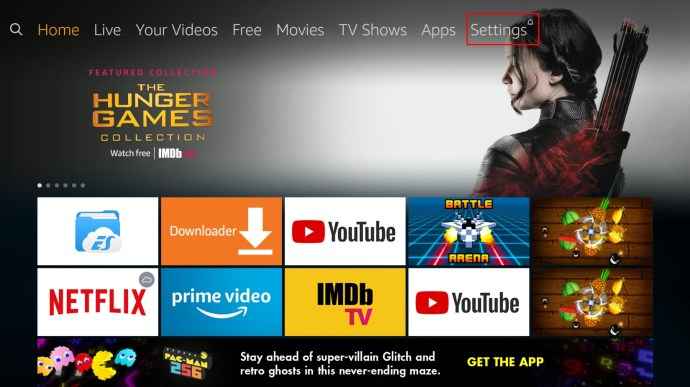differences between IPTV and traditional cable
Introduction:
The landscape of television consumption has evolved significantly over the years, offering viewers more choices and flexibility in accessing their favorite shows and channels. Two popular options are IPTV (Internet Protocol Television) and traditional cable/satellite TV subscriptions. In this blog post, we will explore the differences between IPTV and traditional cable/satellite TV subscriptions, shedding light on the benefits and advantages of IPTV. Throughout the discussion, we will reference IPTVDIGI as an example of a leading IPTV provider that offers a remarkable streaming experience.
Content Delivery:
IPTV: IPTV delivers television content through an internet connection using IP packets. It uses a broadband connection, such as DSL or fiber-optic, to transmit audio, video, and other multimedia content to the viewer’s device. The content is delivered in real-time or on-demand, allowing users to access a wide range of channels and programs.
Traditional Cable/Satellite TV: Traditional cable/satellite TV subscriptions rely on physical infrastructure to deliver television content. They use coaxial cables or satellite dishes to transmit the signals to a set-top box or receiver connected to the user’s television. The content is typically transmitted in real-time and follows a predetermined broadcasting schedule.
Channel Selection:
IPTV: IPTV offers a vast selection of channels, often exceeding what traditional cable/satellite TV subscriptions provide. IPTV providers can offer a wide range of channels from different countries, genres, and languages. Users can choose from international channels, premium movie networks, sports channels, and more, tailoring their channel lineup to their preferences.
Traditional Cable/Satellite TV: Traditional cable/satellite TV subscriptions offer a fixed set of channels determined by the service provider. While they may offer a variety of channels, the selection is usually limited compared to IPTV. Additional premium channels or specialized packages may be available at an extra cost.
Flexibility and On-Demand Content:
IPTV: One significant advantage of IPTV is its flexibility and on-demand content. Users can access on-demand libraries and watch their favorite shows or movies at their convenience. They can pause, rewind, or fast-forward through the content, providing a personalized viewing experience. IPTV also allows for multi-device support, enabling users to watch their preferred shows on various devices, such as smartphones, tablets, or smart TVs.
Traditional Cable/Satellite TV: Traditional cable/satellite TV subscriptions primarily offer live broadcasting and limited on-demand options. While some providers offer limited on-demand content, it is typically limited to recent episodes or specific programs. Users have less flexibility in choosing when and where to watch their favorite shows.
Equipment and Installation:
IPTV: IPTV typically requires an internet connection and a compatible device, such as a smart TV, streaming media player, or computer. Users can access IPTV services by simply downloading the corresponding app or using a web browser to log in to their IPTV provider’s website. Installation is often straightforward and does not require additional equipment or professional setup.
Traditional Cable/Satellite TV: Traditional cable/satellite TV subscriptions necessitate the installation of specific equipment, including a set-top box or receiver, coaxial cables, or satellite dishes. Professional installation may be required to ensure proper setup and signal reception.
Conclusion:
IPTV and traditional cable/satellite TV subscriptions differ in content delivery, channel selection, flexibility, and installation requirements. IPTV, exemplified by IPTVDIGI, offers a broader range of channels, on-demand content, and multi-device support. It provides users with the flexibility to watch their favorite shows at their convenience. Traditional cable/satellite TV subscriptions excel in providing live broadcasts but may have limitations in terms of channel selection and on-demand options. Ultimately, the choice between IPTV and traditional TV subscriptions depends on individual preferences, viewing habits, and the desire for a more personalized and versatile television experience.





